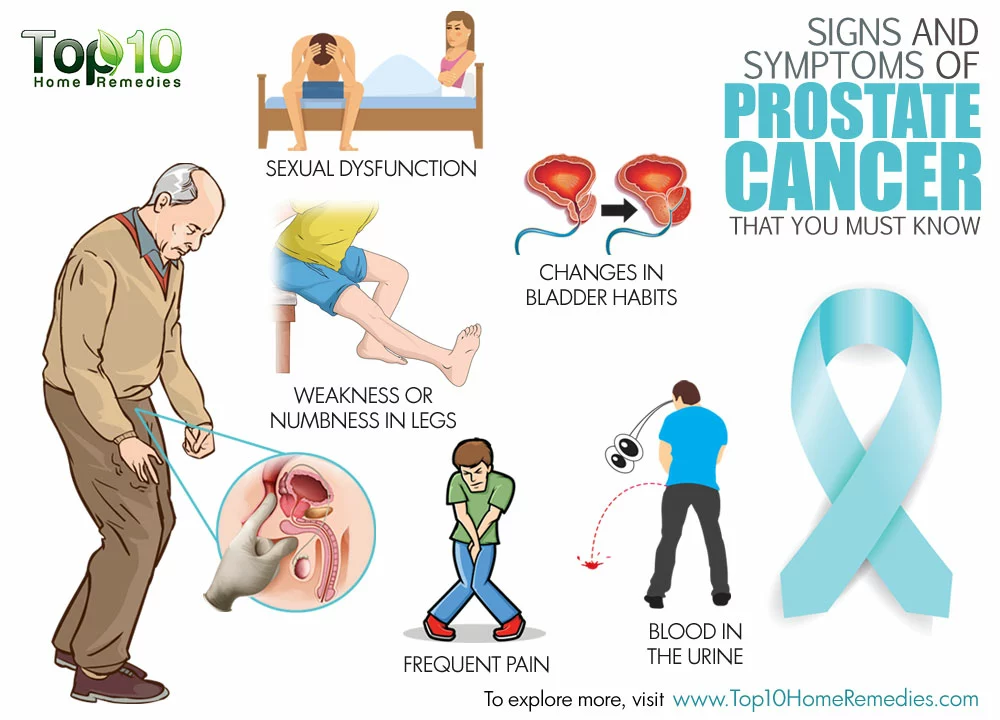Withdrawal Symptoms: what they look like and what to do
Withdrawal from medicines, alcohol, or drugs shows up in many ways. You might feel anxious, sweaty, shaky, nauseous, or find it hard to sleep. Some people get headaches, heart palpitations, stomach cramps, or mood swings. The timing and severity depend on the substance, dose, and how long you used it.
Why symptoms happen
When your body adapts to a drug, it changes brain chemistry and body balance. Stopping the drug suddenly forces the body to re-adjust. That adjustment causes symptoms. Short-acting substances often cause faster, sharper withdrawal. Long-acting drugs lead to slower, milder symptoms that can last longer.
Common withdrawal patterns: Opioid withdrawal often brings muscle aches, yawning, nausea, diarrhea, and strong cravings. Alcohol or benzodiazepine withdrawal can be dangerous — watch for severe tremors, confusion, seizures, or fever. Stopping antidepressants or antipsychotics may cause dizziness, electric shock sensations, sleep trouble, or mood dips. Even stopping blood pressure or pain meds can trigger symptoms like lightheadedness or rebound pain.
How to stay safer
Talk to a healthcare provider before stopping any prescribed medicine. A doctor may suggest tapering — lowering the dose slowly to reduce symptoms. For alcohol or benzodiazepines, supervised tapering or inpatient support may be needed because of serious risks. Keep hydrated, eat regular small meals, rest, and avoid alcohol or other drugs during withdrawal.
When to seek immediate help: Go to emergency care if you have seizures, severe confusion, trouble breathing, a very fast or irregular heartbeat, very high fever, or loss of consciousness. If you feel suicidal or unable to cope, contact emergency services or a crisis line right away.
Practical tips that help day to day: Keep a simple schedule with sleep, food, and light activity to steady mood. Use relaxation techniques like slow breathing or short walks when anxiety spikes. Over-the-counter medicines can ease some symptoms — acetaminophen for pain, loperamide for diarrhea — but check with a pharmacist or doctor first. Support groups and friends who understand can make a big difference.
Planning for recovery: Withdrawal is often the first step, not the whole journey. After symptoms ease, plan follow-up care: counselling, medication-assisted treatment if appropriate, and routines that reduce relapse risk. Small, steady steps add up. If you’re unsure about a specific medicine or symptom, ask a clinician. Getting the right plan makes withdrawal safer and more manageable.
Expect a rough timeline. For short-acting substances like some opioids or stimulants, early symptoms can start within hours and often peak in two to three days, then slowly ease over a week. Long-acting drugs and some psychiatric medicines may start later and take weeks to settle. That variability is normal. Keep a daily log of symptoms and triggers — note sleep, appetite, mood, and any medicines you take. Share that log with your clinician so they can adjust your plan. Family or friends can help by checking in, managing appointments, and making sure you eat and rest. If you’re dealing with someone risky, remove objects and seek help now.

